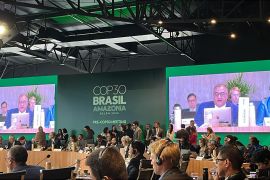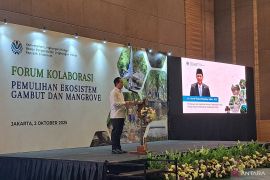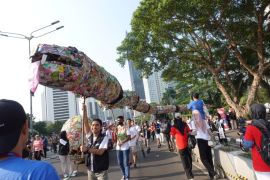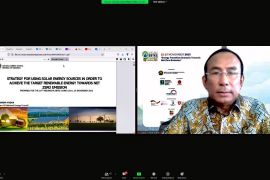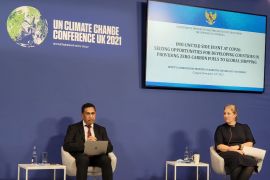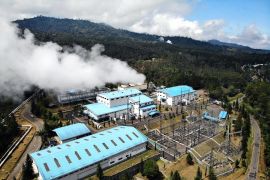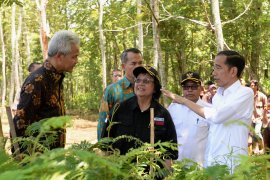"They have proposed delaying the implementation of the agreement for gas emissions reduction until 2020," Walhi`s Head of International Relations, M Teguh Surya, said.Jakarta (ANTARA News) - The Indonesia Environment Forum (Walhi) expressed disappointment here on Wednesday over the developed countries for continuing buying time with regard to gas emissions reduction by 40 percent by 2020 as called for by the Kyoto Protocol.
"They have proposed delaying the implementation of the agreement for gas emissions reduction until 2020," Walhi`s Head of International Relations, M Teguh Surya, said here on Wednesday.
He made the statement in response to the current 17th Conference of the Parties (COP17) in Durban, South Africa.
As an example he referred to Canada that has stated it would officially quit from the Kyoto Protocol on December 23, 2011 as well as Japan and Russia that have also expressed their intention to quit from the Protocol.
Teguh said the Tokyo Protocol was a priority issue whose continuation had to be determined at the current conference as without that it would be difficult to save the earth.
He said the Green Climate Fund substantially had to be mostly allocated for adaptation efforts in developing countries and it must not come from debts and be used for financing expansion of polluting industries under the pretext of a clean development program.
He also expressed disappointment over the US`s decision to withdraw its commitment to mobilizing US$100 billion for developing nations.
"Without a clear source of funds, the Green Climate Fund will be useless and because of that it is likely the market and international financial institutions will dominate," he said.
Regarding the REDD plus Teguh complained that it had so far been focused on funding problems while debate on the initiative had not yet finished such as on carbon rights, traditional communities` access to forest resources, carbon leakages, forest definition, conflict resolution and land grans under the guise of conservation.
"To make situation more complicated Indonesia has negated the basic problems and encouraged carbon market and offset through REDD plus," he said, adding Indonesia still objects to REDD funding based on performance that contains "carbon trading" elements.
Walhi meanwhile supports the call of the Alliance of Small Island and States (AOSIS) with members totaling 42 and including observers that would reject the results of the Durban conference if the conference could not save them from climate change disasters and assure the safety of their peoples.
"The worst scenario from the Durban conference can be the emergence of a new market mechanism to accommodate the interest of advanced countries` industries, absence of binding agreements and lack of commitment to saving the earth," he said.(*)
Editor: Heru Purwanto
Copyright © ANTARA 2011
